Keywords: Hope
There are more than 24 results, only the first 24 are displayed here.
Become a subscriber for more search results.
-
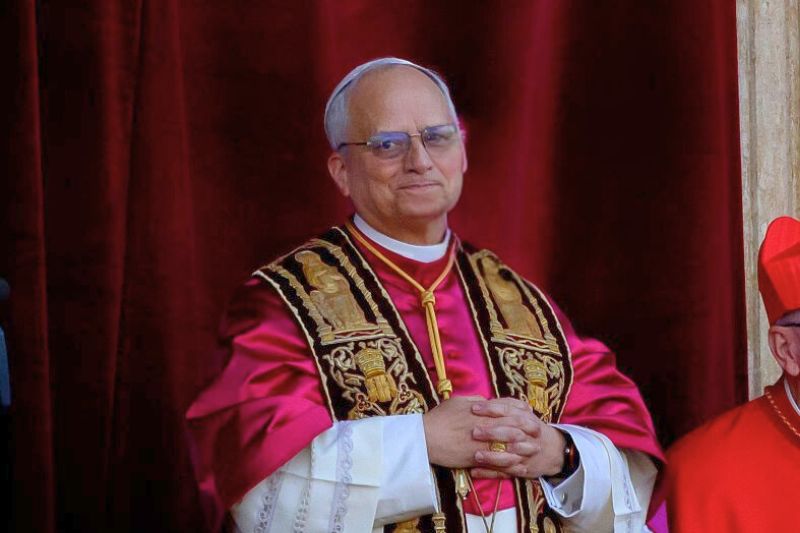
RELIGION
- Andrew Hamilton
- 12 May 2025
What kind of Pope will Leo XIV be? In the wake of Francis, this new pontiff inherits both a vision and a world in flux. With a global sensibility, and a unifying motto, his early gestures suggest a leader shaped by harmony, not polarisation, and attentive to human dignity.
READ MORE
-

AUSTRALIA
- Cherie Gilmour
- 09 May 2025
As young men gravitate toward the manosphere, driven by alienation and grievance, society too often responds with silence or scorn. But if we don’t want boys shaped by bitterness and bravado, we must ask: what kind of men do we hope they’ll become, and who is offering them a path to get there?
READ MORE 
-
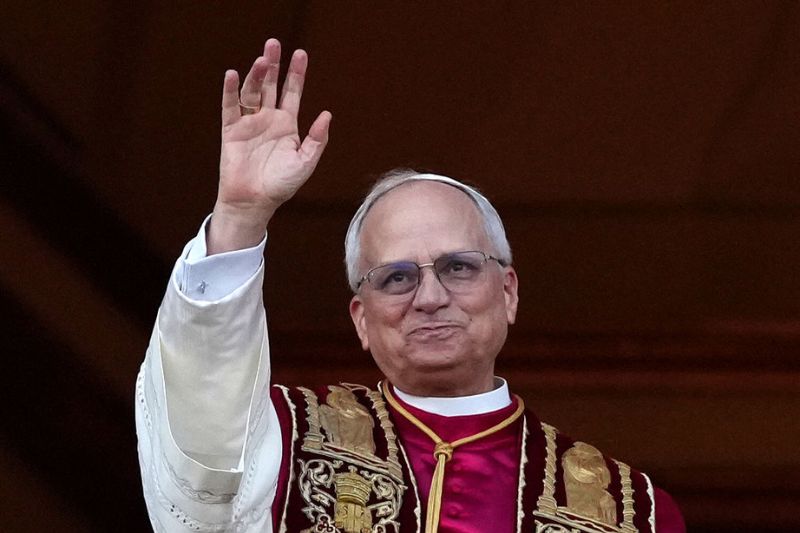
RELIGION
- Michael McVeigh
- 09 May 2025
Pope Leo XIV, the first US-born pontiff, brings a global, socially engaged background and cautious conservatism to the papacy. Fluent in five languages and steeped in canon law, his past hints at reform tempered by tradition. His views on synodality, gender, and justice will shape Catholicism’s next chapter.
READ MORE
-
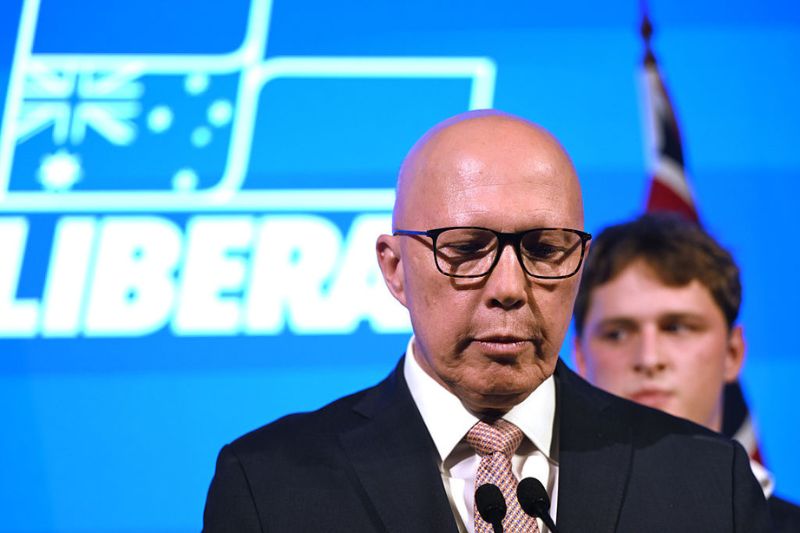
AUSTRALIA
- Andrew Hamilton
- 07 May 2025
In an election full of surprises, the most revealing were not electoral upsets but glimpses of unexpected humanity. Peter Dutton’s gracious concession contrasts with his public record, and urges a politics where words don’t wound, and dignity is not reserved for private life alone.
READ MORE
-
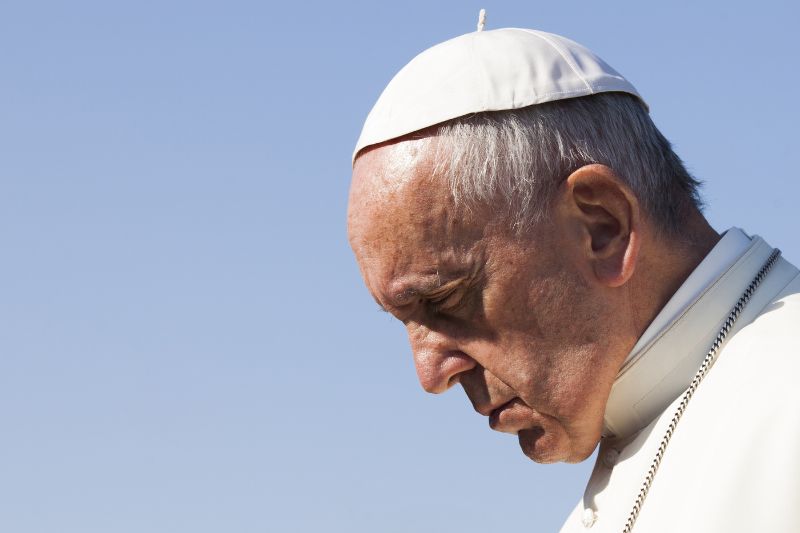
RELIGION
- Miles Pattenden
- 07 May 2025
In an age of transient politics and market-driven morality, the papacy remains a rare constant. The pope has enduring significance as a global moral figurehead whose authority lies not in power but in the stubborn articulation of what ought to be.
READ MORE
-
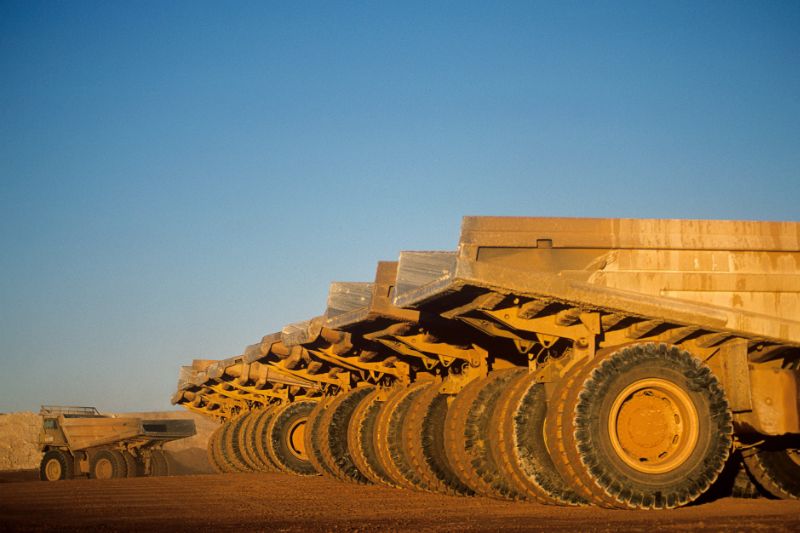
AUSTRALIA
As Donald Trump’s trade war upends decades of global economic orthodoxy, globalisation is quietly folding. Protectionism is back, self-sufficiency is in vogue, and Australia, thanks to its deindustrialised economy, largely escapes the fallout. But in a shifting world of tariffs and deficits, what comes next is anyone’s guess.
READ MORE
-

AUSTRALIA
While much of the world drifts toward political extremes, Australia did something quietly radical: it chose the centre. In a night of subdued triumphs and unexpected grace, it was a reminder that democracy’s strength may still lie in its capacity for moderation, mercy, and surprise.
READ MORE 
-
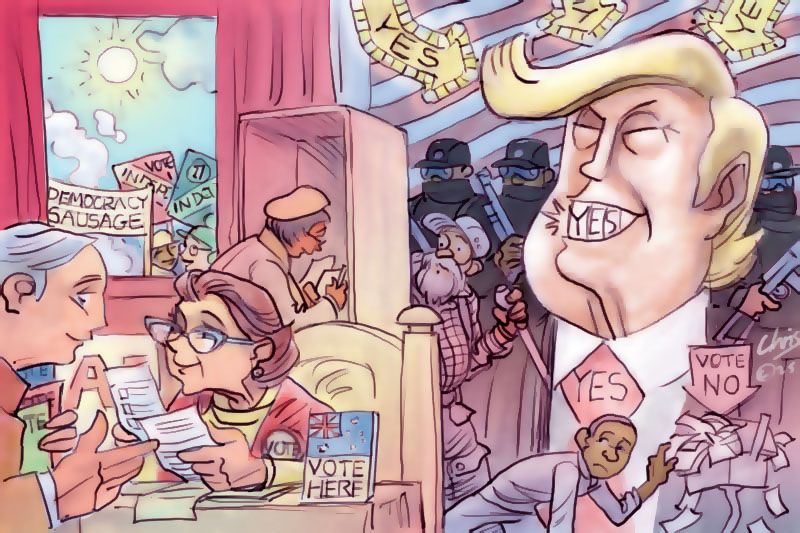
AUSTRALIA
- Jim McDermott
- 01 May 2025
From across the Pacific, Australia’s election looks refreshingly sane: debates over fuel taxes and modest wage hikes. But the surface calm belies deeper frustrations: housing scarcity, voter disillusionment, political evasion. But for an American watching from a fractured homeland, the question is how long that difference can hold.
READ MORE
-
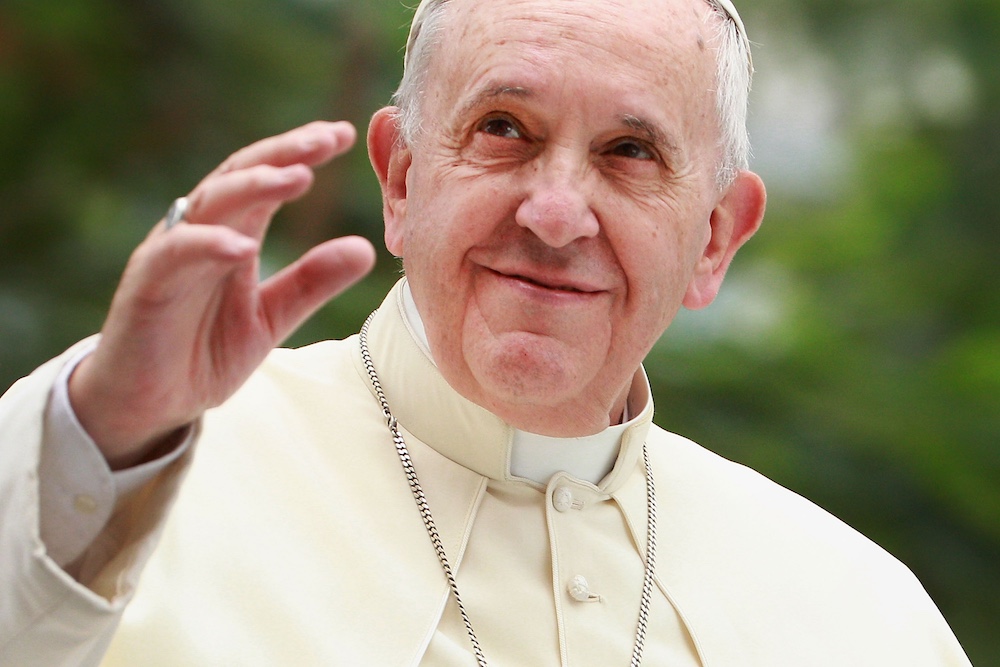
RELIGION
- Andrew Hamilton
- 22 April 2025
In a world that sees refugees and immigrants as a threat, disregards the victims of war, trashes the environment, rewards self-interest and cheapens religious faith, Pope Francis wept with those mistreated, pleaded their cause and radiated joy and hope.
READ MORE
-
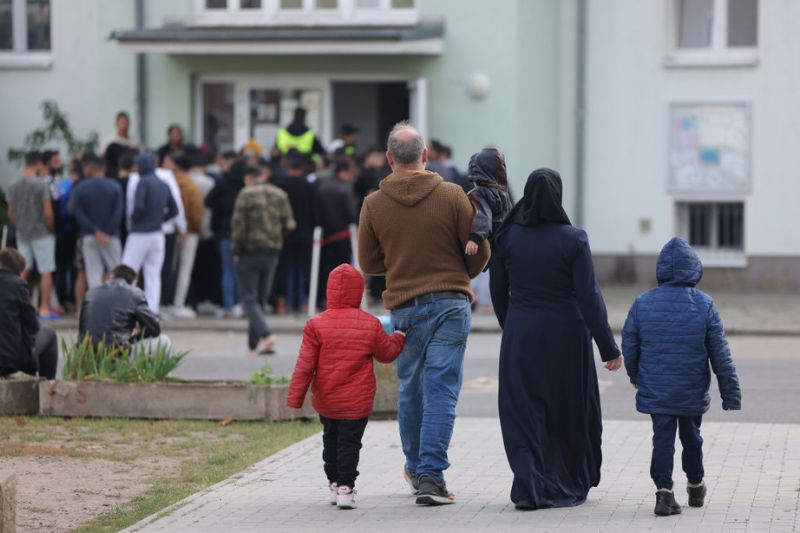
RELIGION
- Andrew Hamilton
- 16 April 2025
In the lead up to Easter, the story of a man welcomed with palms and crucified days later takes on renewed urgency. In an age of closed borders and hardened politics, the Easter message casts a sharp light on how we treat the stranger, the exile, and the dispossessed.
READ MORE
-
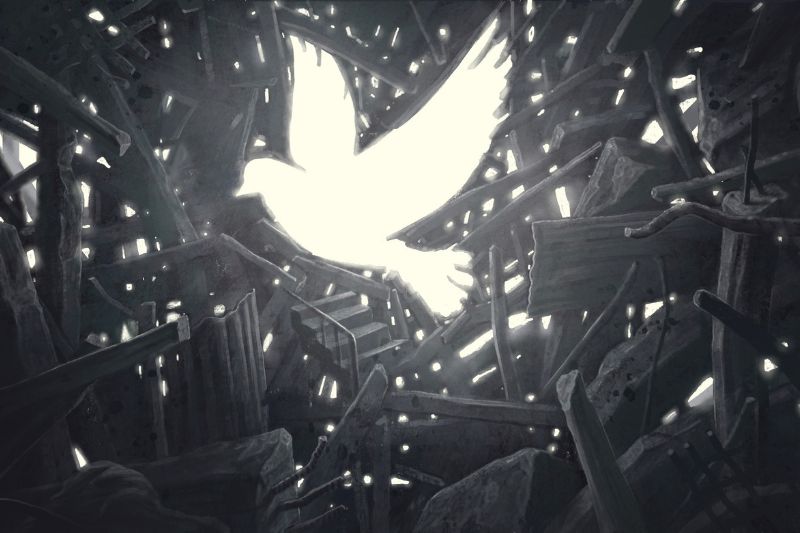
RELIGION
- Danielle Terceiro
- 16 April 2025
Even in a world marked by war, exile and devastation, the Easter story offers a defiant hope: that ruin is not the end. Rooted in a vision of restoration beyond history’s violence, it speaks to a yearning deeper than despair — for justice, for peace, for a feast with no end.
READ MORE
-
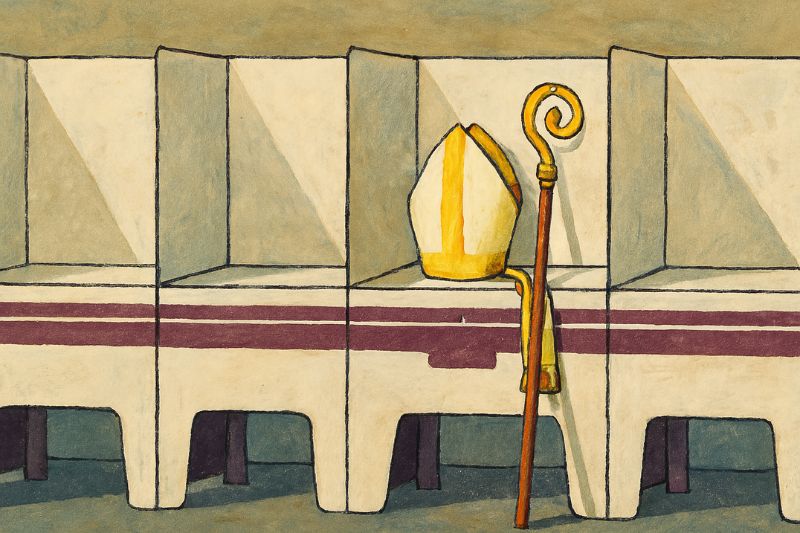
RELIGION
- John Warhurst
- 10 April 2025
As Australia approaches a federal election, the bishops have offered a statement of gentle encouragement themed around hope. Yet in its caution and generality, it raises questions about missed opportunities for moral clarity, national relevance, and a more engaged voice in public life.
READ MORE